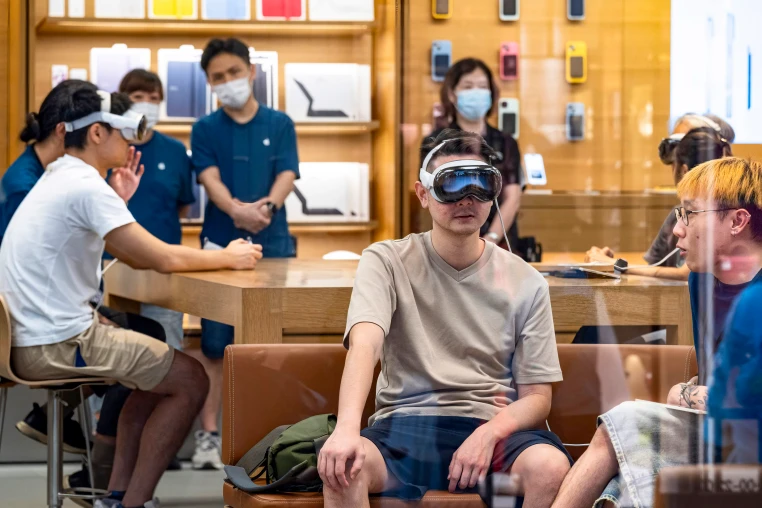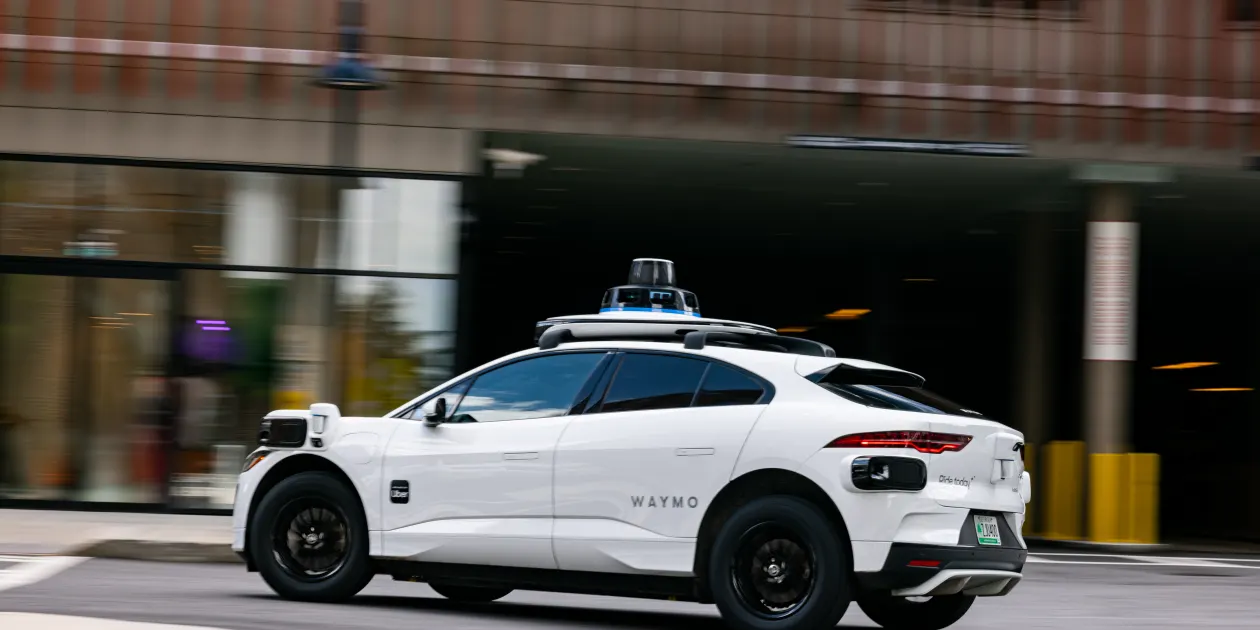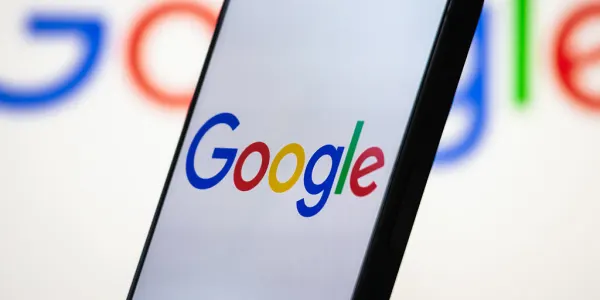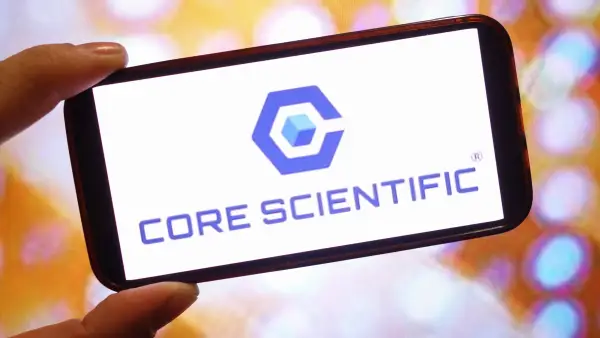Apple Sues Ex-Employee for Allegedly Stealing Vision Pro Secrets Before Joining Snap

Apple has filed a lawsuit against a former Vision Pro engineer, accusing him of stealing thousands of confidential documents related to its mixed-reality headset before leaving to work for Snap Inc.
In a dramatic legal move that underscores the fierce competition in the augmented and virtual reality industry, Apple has filed a lawsuit against a former employee, alleging he stole thousands of confidential documents related to its upcoming Vision Pro headset before joining Snap Inc., the parent company of Snapchat. The lawsuit, filed in the Northern District of California, accuses the former employee — identified as **Yiheng Wang**, a hardware engineer — of violating trade secret laws and breaching his employment contract. Apple claims Wang siphoned off proprietary data during his final weeks at the company, including detailed schematics, product roadmaps, internal communications, and sensitive R&D materials related to the Vision Pro platform. ### Apple’s Allegations According to court filings, Wang was hired by Apple in 2016 and worked in a senior role on the Vision Pro hardware team. The Vision Pro headset, unveiled in 2023 and expected to lead Apple’s entrance into the spatial computing market, represents one of the company’s most ambitious product categories since the iPhone. Apple alleges that Wang, who had access to “highly confidential, non-public information,” downloaded over **3,000 internal files** to personal cloud storage and external devices in the days leading up to his departure. The lawsuit claims he deliberately concealed this activity by disabling system logging and bypassing standard IT protocols. The complaint includes evidence of file transfer logs, screenshots, and internal emails that suggest Wang knowingly exported proprietary data — some of which reportedly included experimental features and component specifications not yet released to the public or Apple’s own broader internal teams. ### The Snap Connection After leaving Apple, Wang was hired by Snap Inc. to work on its AR Spectacles division, a direct competitor to Apple’s Vision Pro. Snap’s Spectacles have been part of the broader arms race in immersive wearables, though Snap’s offerings remain in the experimental phase. Apple argues that Wang’s new role at Snap was “substantially similar” to his Apple position and raises serious concerns about intellectual property misuse. Apple’s legal team has stated: “It is not plausible that Wang could perform his new duties at Snap without drawing upon Apple’s confidential and proprietary information. His theft of trade secrets threatens to undermine years of research, investment, and innovation.” Snap Inc., while not named as a defendant in the lawsuit, issued a brief statement saying the company is “reviewing the matter internally” and that it “expects all employees to comply with the highest standards of professional conduct and corporate ethics.” ### Broader Implications for AR/VR Competition This lawsuit adds fuel to the already heated rivalry between tech giants racing to dominate the next frontier of computing — spatial and mixed reality. Apple’s Vision Pro is widely expected to redefine the market, with early developer feedback praising its immersive interface, eye-tracking features, and sleek design. However, other players like Meta, Google, and Snap are all investing billions into similar technologies. As the hardware and software stakes rise, so too do the risks of intellectual property disputes and industrial espionage. Legal analysts suggest that Apple’s swift and aggressive move signals its intent to protect the Vision Pro platform at all costs. “This case isn’t just about one rogue employee,” said tech law expert Marisa Delgado. “It’s about Apple setting a precedent — telling current and former employees, and rival firms, that Vision Pro is a crown jewel, and they’ll defend it accordingly.” ### Apple’s History of Trade Secret Protection Apple has a long history of defending its innovations through litigation. The company famously pursued a multi-year legal battle against Samsung over smartphone design patents and has filed suits against former employees in the past for misappropriation of trade secrets. In 2019, Apple sued two former employees who had joined Chinese startup XMotors, alleging they stole self-driving car technology. Those cases remain pending. The Vision Pro case marks one of the first major legal actions connected to Apple’s push into AR/VR, which CEO Tim Cook has described as the future of human-computer interaction. ### What Happens Next? Apple is seeking an injunction to prevent Wang from using or disclosing any of the allegedly stolen information, along with financial damages and the return of all Apple-owned materials. The company has also asked the court to compel Snap to cooperate with discovery if necessary. For Wang, the legal consequences could be severe. Under the Defend Trade Secrets Act, penalties can include fines, injunctions, and even criminal charges if the theft is proven to be willful and malicious. Legal experts say the outcome could hinge on whether Apple can clearly demonstrate that Wang’s access to Vision Pro materials directly benefited Snap’s product development, or that there was a coordinated attempt to poach Apple’s confidential technology. ### Industry Reactions The lawsuit has already sent ripples through Silicon Valley, where employee movement between rivals is common and intellectual property protections are increasingly a flashpoint. Some industry insiders worry the case could set a chilling precedent for engineers switching jobs in a high-demand field. “It's a balancing act,” said tech recruiter Olivia Tran. “Companies need to protect their IP, but engineers also have the right to seek new opportunities. If litigation becomes the default response, innovation could slow down.” Others, however, side with Apple’s stance. “If an engineer truly walked away with confidential blueprints and shared them with a competitor, that’s not just unethical — it’s criminal,” said Jason Feld, a former product manager at a major tech firm. “Especially in an arms race like AR, where product secrecy is everything.” ### What’s at Stake for Apple? For Apple, the lawsuit is about more than just one headset — it’s about defending the secrecy that fuels its product strategy. The company is notoriously tight-lipped about unannounced projects and goes to extreme lengths to control leaks. The Vision Pro, expected to fully launch globally in early 2026, is seen as a make-or-break platform. Apple is reportedly working on multiple versions of the device, including a lighter, lower-cost model for mainstream consumers. Protecting the underlying technology is critical to keeping its competitive edge. As the case moves forward, Apple’s internal security measures — from how it monitors employee access to how it audits device transfers — will likely come under further scrutiny. ### Closing Thoughts The Apple vs. Wang lawsuit is a flashpoint in the broader battle for dominance in immersive tech. It’s a story of innovation, ambition, and the high stakes of intellectual property in the world’s most competitive industry. Whether Wang acted alone or as part of a coordinated effort remains to be proven in court. But Apple’s message is loud and clear: if you try to walk out the door with their secrets, expect a legal war.



